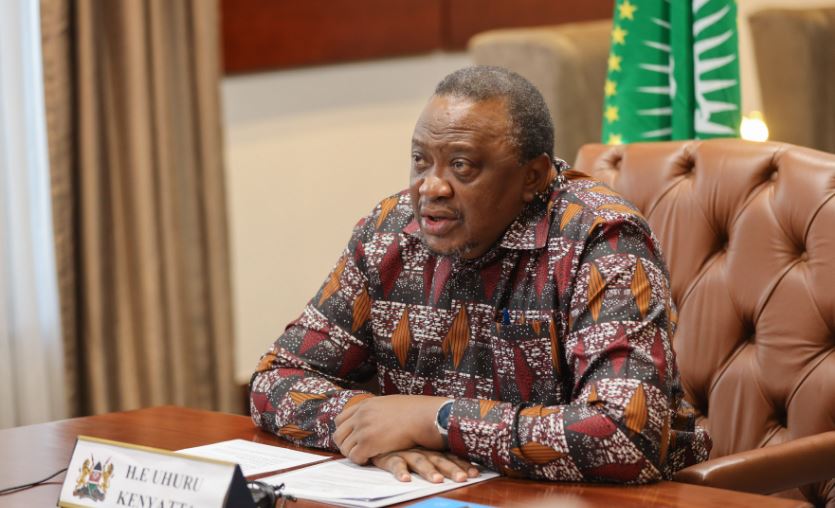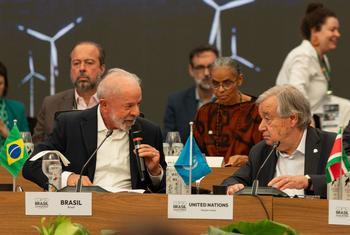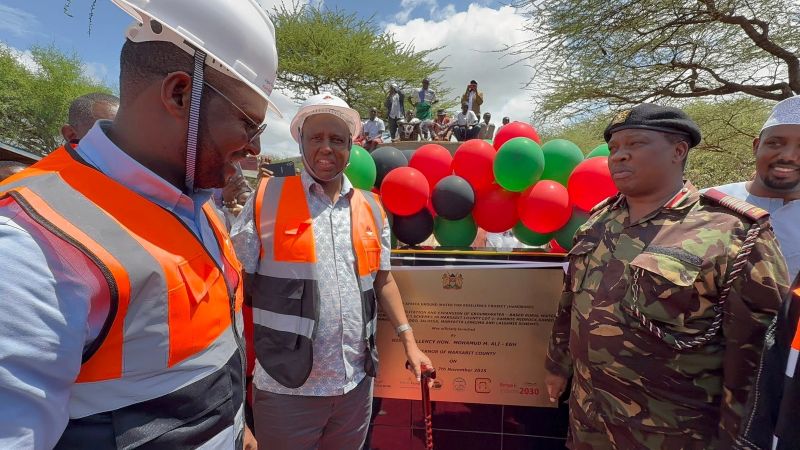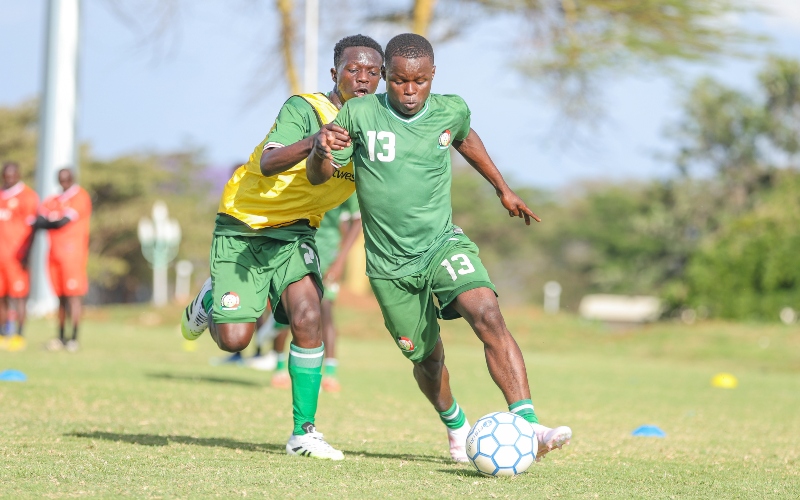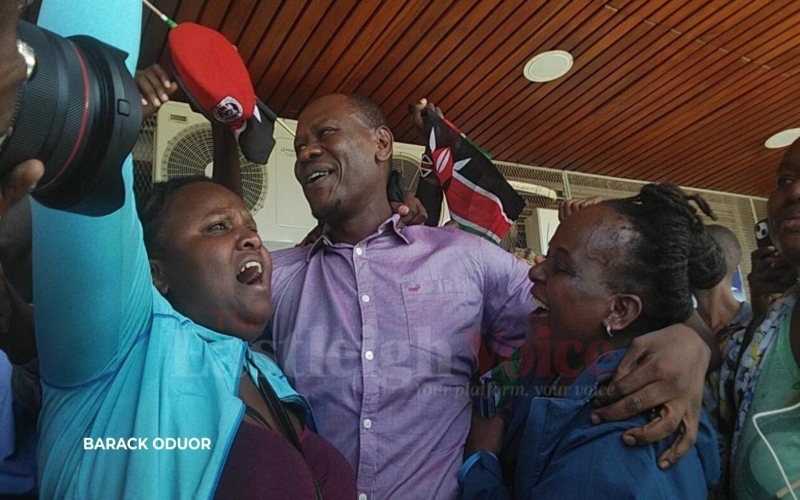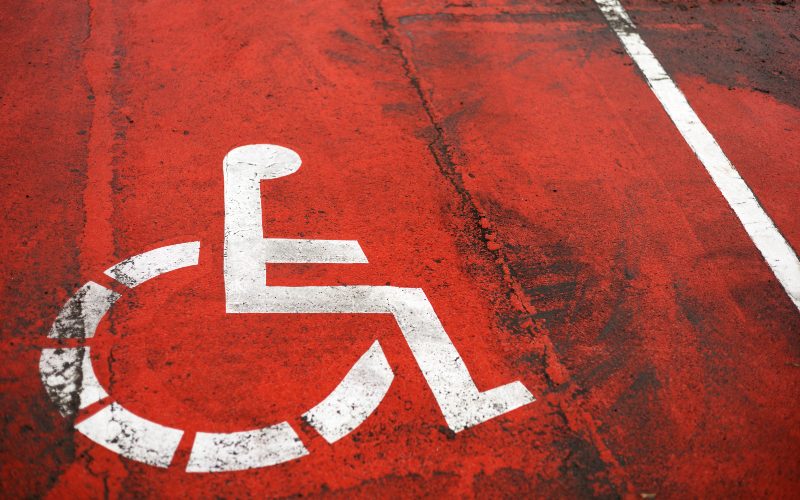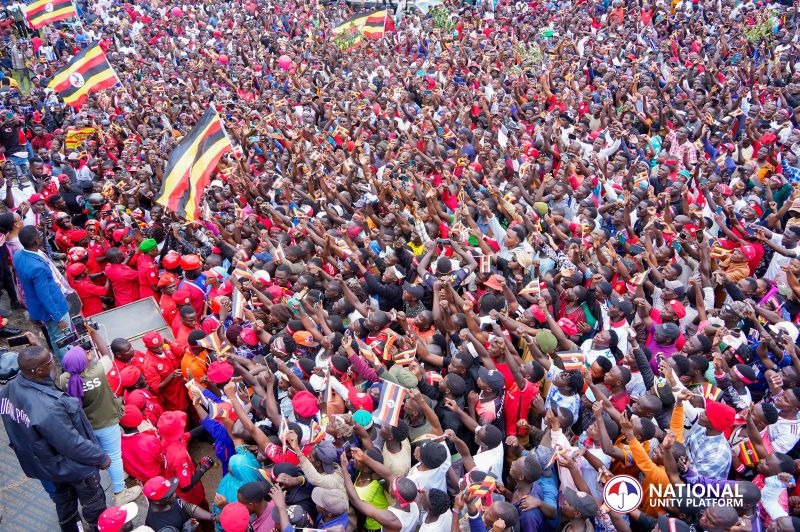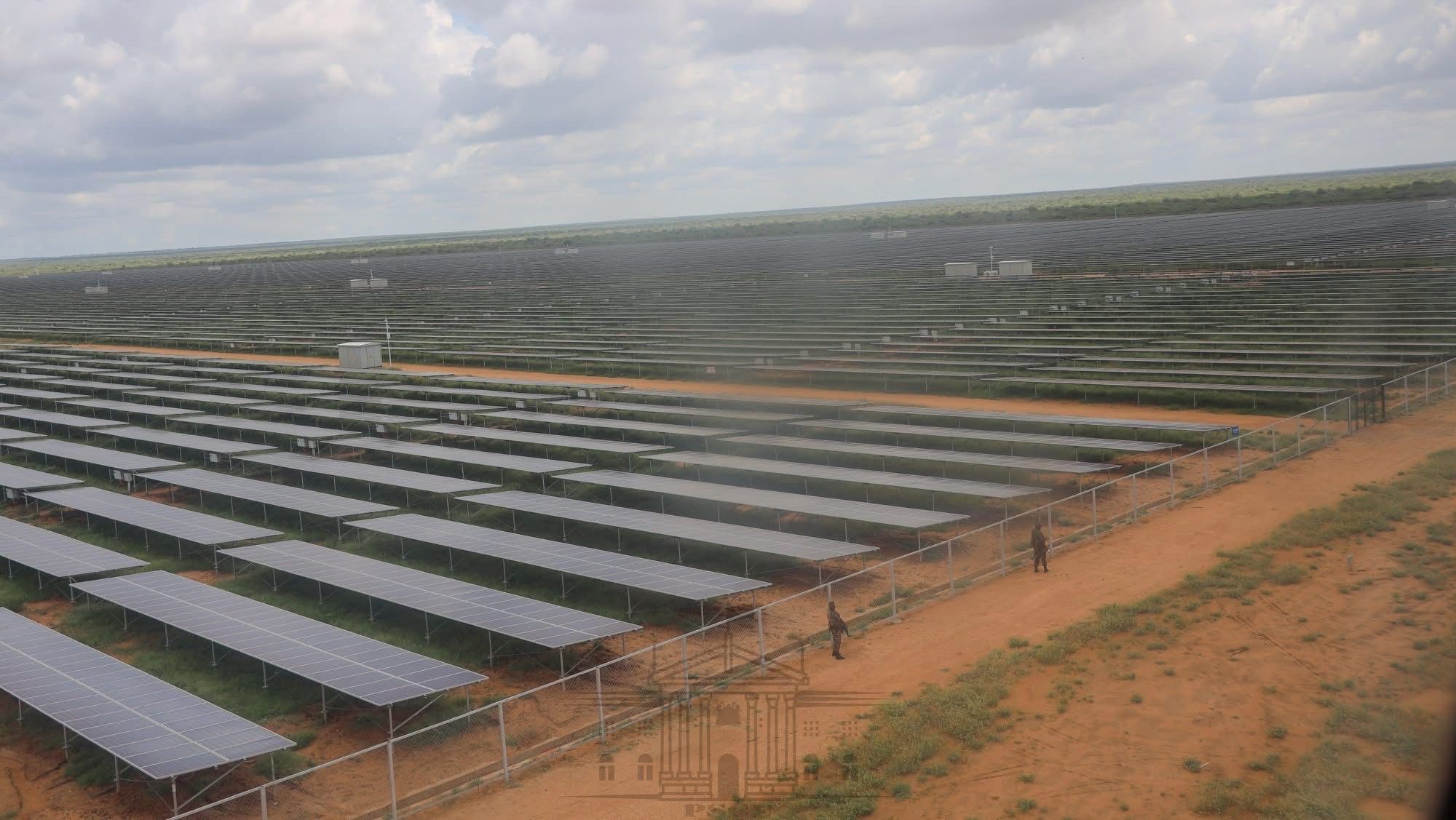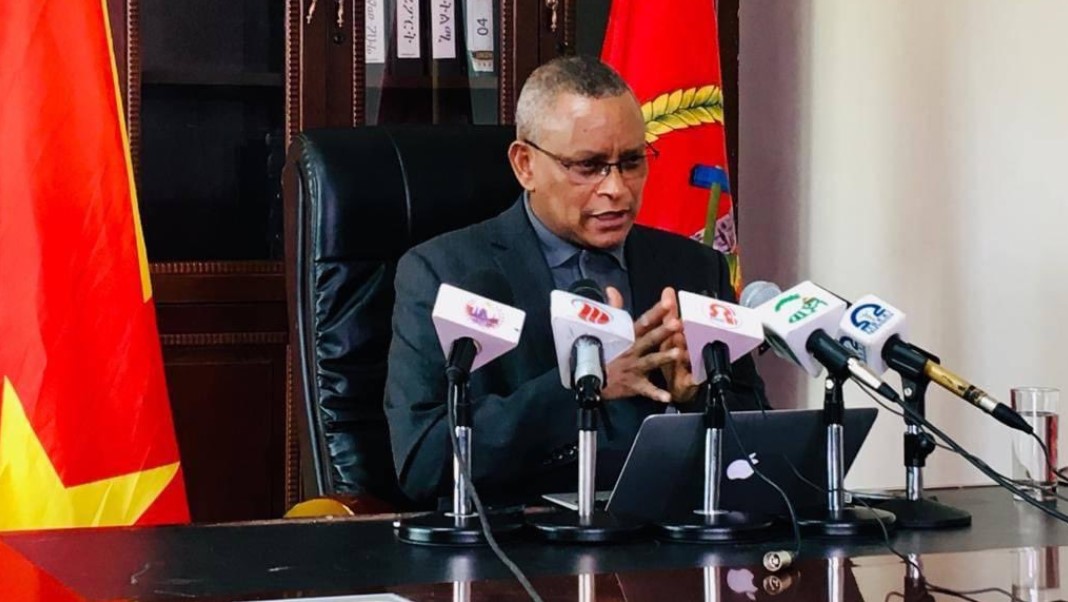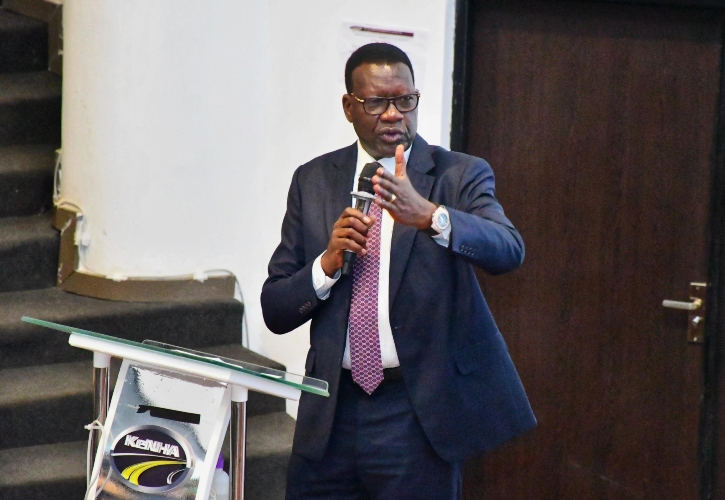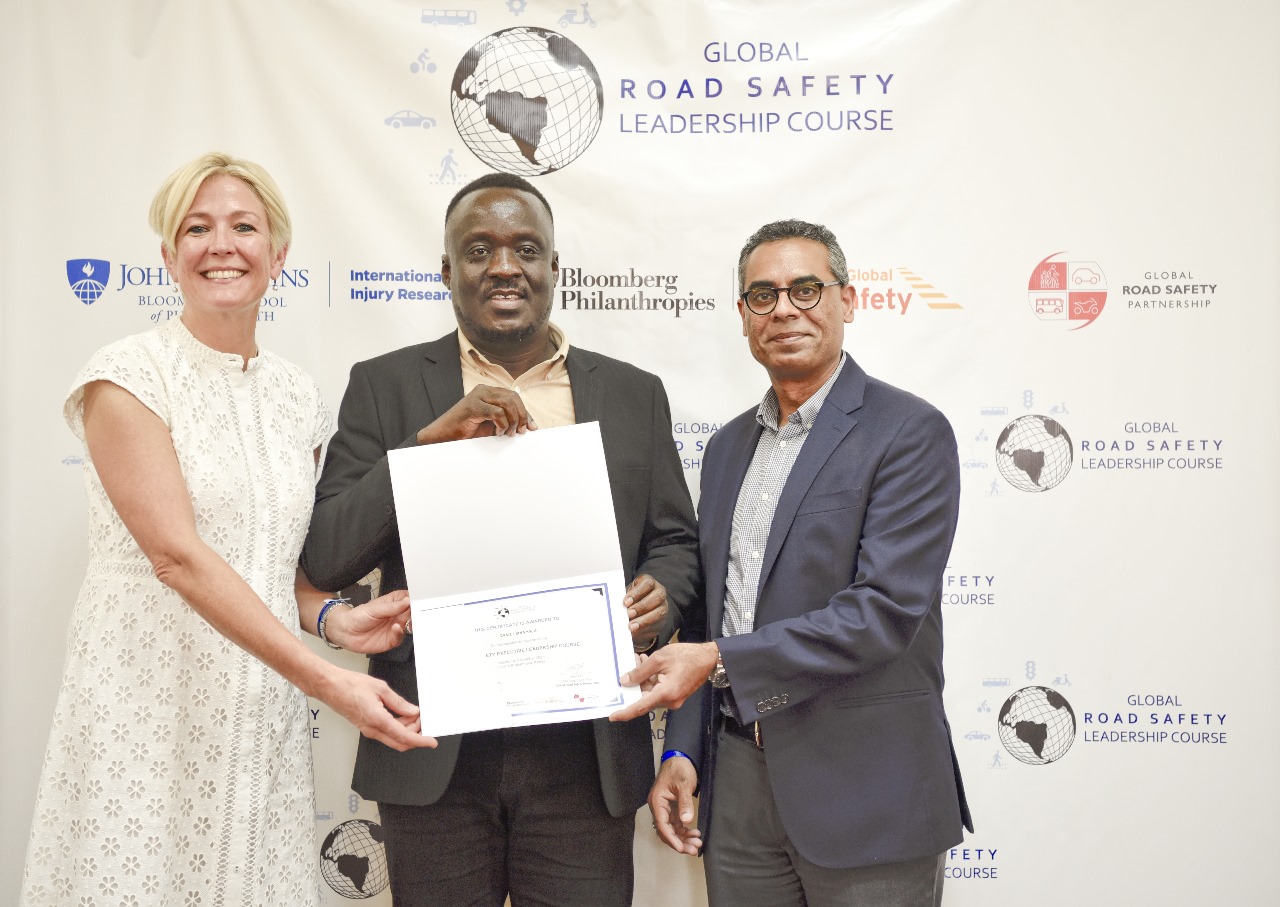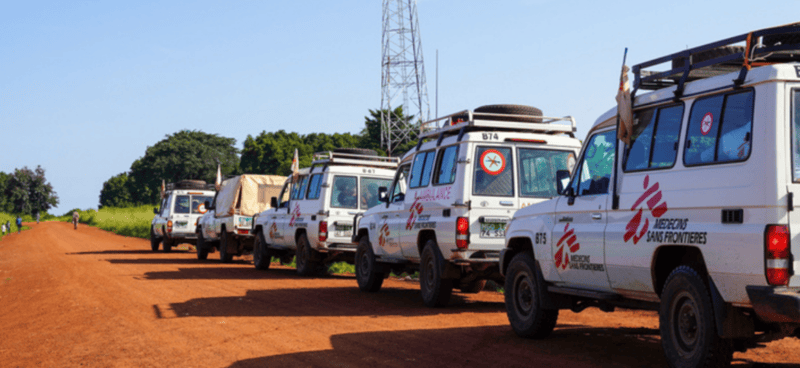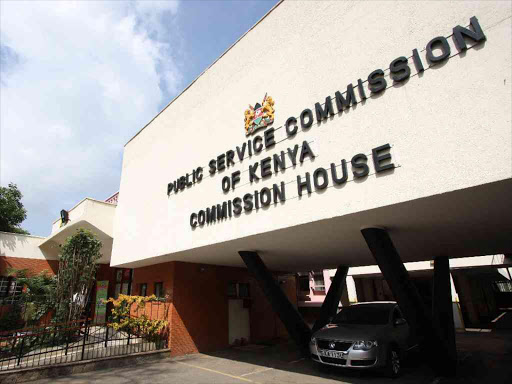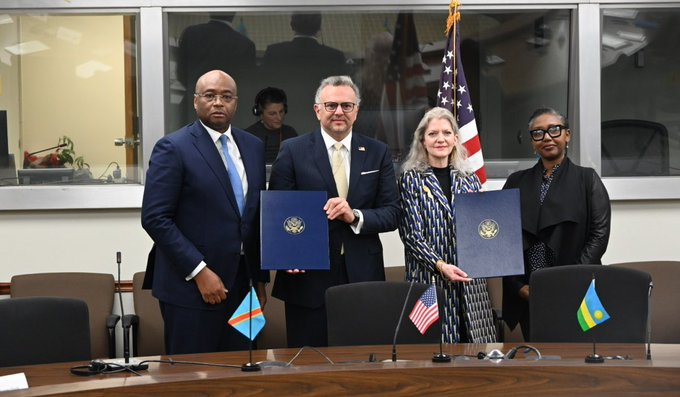Over 240 charged with treason in Tanzania following election day violence

The unrest erupted on election day when security forces confronted protesters, resulting in scores of deaths and injuries. Witnesses say hundreds, and possibly thousands, lost their lives, though the government has not released official casualty figures.
Tanzania’s judiciary has taken action against at least 240 individuals accused of treason following violent clashes during last week’s elections, raising fresh concerns over human rights in the East African nation.
Friday’s court session in Dar es Salaam, the country’s economic hub, saw hundreds of suspects appear before a judge. Judicial sources reported that 138 people had been charged earlier, but court records and reports now indicate that at least 240 people are facing treason charges.
More To Read
- John Okoth Ogutu’s killing in Tanzania exposes grim reality for jobless Kenyan teachers
- KUPPET calls for urgent evacuation of 150 Kenyan teacher trainees stranded in Tanzania
- Activists demand President Samia Suluhu Hassan's resignation over rights abuses
- Rights groups demand repatriation of Kenyan teacher shot dead in Tanzania
- Kampala High Court rejects Kizza Besigye’s bid to refer treason case to constitutional court
- Election-linked internet shutdown cost Tanzania Sh30.7 billion, report reveals
Those accused were not required to enter a plea in court.
President Samia Suluhu Hassan was declared the winner in the October 29 vote with 98 per cent support, according to the electoral commission, but the opposition, barred from contesting, described the election as “a sham.”
The unrest erupted on election day when security forces confronted protesters, resulting in scores of deaths and injuries. Witnesses say hundreds, and possibly thousands, lost their lives, though the government has not released official casualty figures.
A six-day internet blackout also prevented independent verification of events, limiting coverage of the scale of the crisis.
In Dar es Salaam, the country’s commercial hub, courts have summoned hundreds of suspects, including prominent business figures and social media influencers.
Among them is Jenifer Jovin, accused of instructing protesters to acquire gas masks to protect against tear gas.
Legal documents seen by the BBC and AFP accuse the defendants of attempting “to obstruct” the election process and intimidate government officials through acts of vandalism. The hearing has been adjourned until November 19.
“Some of them have been beaten, they are sick, they have not received any medical treatment,” Paul Kisabo, a lawyer with the Tanzania Human Rights Defenders Coalition, told AFP after observing the accused.
He noted that, as treason is a non-bailable offence, all suspects would remain in custody until their next court appearance.
Opposition party Chadema estimates at least 800 deaths, a figure supported by diplomats and security sources, though the exact toll may be higher.
The Legal and Human Rights Centre, in collaboration with six other NGOs, criticised the excessive force used against unarmed demonstrators, highlighting the trauma inflicted on children and families.
“The extent of human rights abuses is yet to be fully uncovered,” the group warned, also criticising media restrictions and the internet shutdown.
Amos Ntobi, secretary of Chadema, detailed the carnage in northern Mwanza: “We saw people being shot in broad daylight. There were bodies all over the streets – some people were killed instantly, others were left badly wounded. There are so many bodies in the hospitals.”
He reported attending nine funerals, including two children aged nine and 11, and noted that some local party leaders remain missing.
President Samia, in her inauguration speech, condemned the violence and suggested foreign actors contributed to the unrest.
Concerns over the safety of Kenyans in Tanzania prompted Foreign Minister Musalia Mudavadi to demand assurances from his Tanzanian counterpart, Mahmoud Thabit Kombo.
Mudavadi stressed the importance of safeguarding “the rights, safety, and dignity” of Kenyans, as many are now reportedly fleeing the country.
The election’s integrity was further questioned as opposition candidates were jailed or barred from running. Observers said voters were unable to freely express their choice, and the African Union described the elections as “compromised.”
President Samia, Tanzania’s first female president, initially came into office in 2021 following the death of John Magufuli, and while she was praised for easing political repression, the political space has since narrowed.
Top Stories Today
